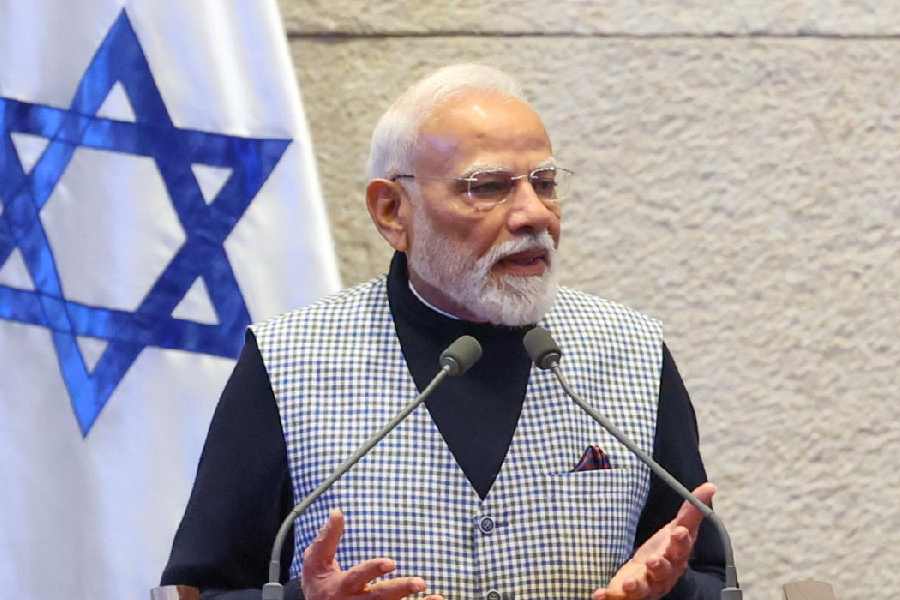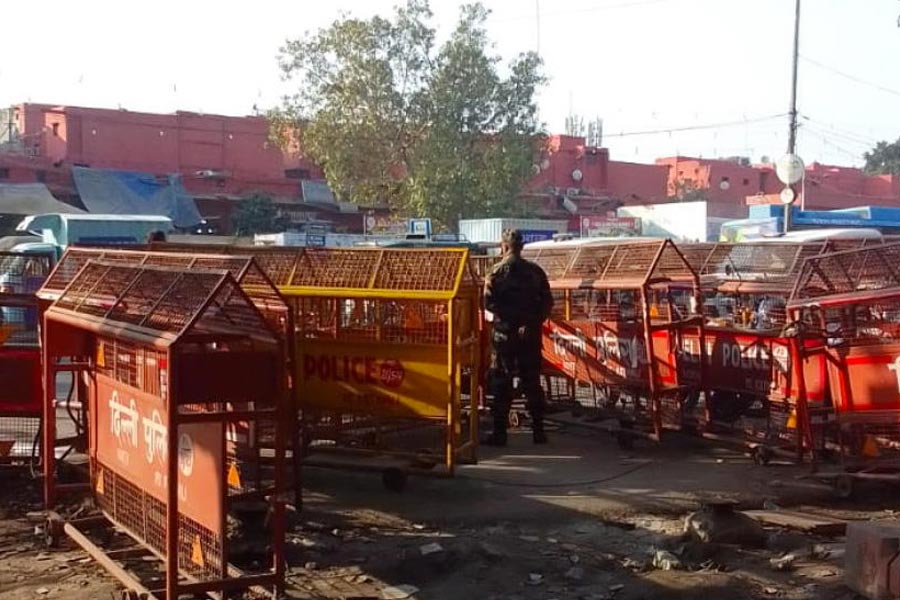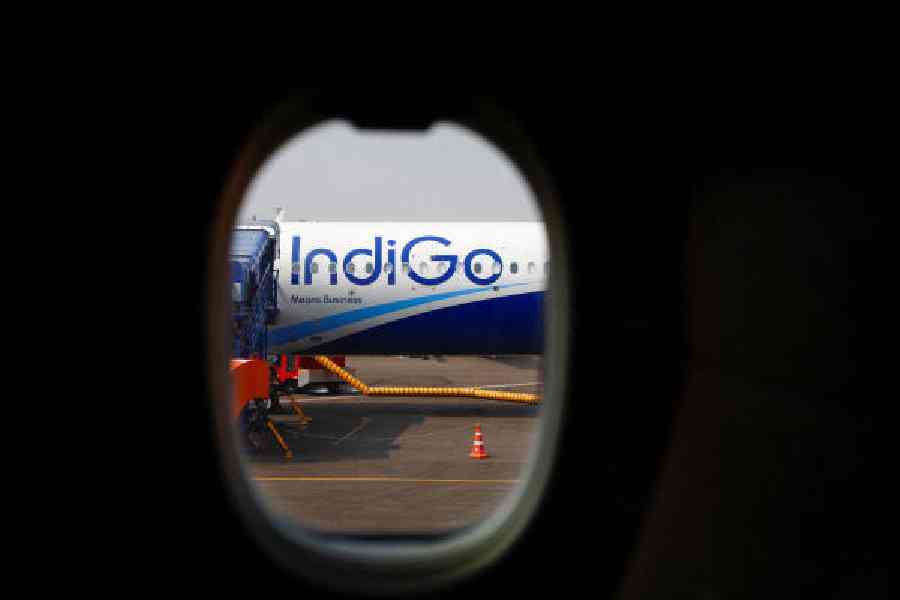Covid has affected all lives and there is no industry that did not witness its impact. Lot of issues got exposed, especially in corporate healthcare. WHO had formally declared the coronavirus pandemic on March 11, 2020. In India, nationwide lockdown started on March 25, 2020.
A gradual unlocking process started on June 1, 2020. The advent of this disease caused extreme stress and despair in the lifestyles of the common person and the medical profession.
Right from the beginning, the disease gave no respite and the situation kept worsening. India has lost around 4.09 lakh citizens to Covid so far.
A recent study indicated that the mortality among the hospitalised Covid patients was 7.2 per cent in the first wave and 10.5 per cent during the second, an increase of 45 per cent, which is phenomenal. The hospital workload also increased tremendously, almost to a break point, which resulted in a large number of critical patients having been waitlisted.
It may be interesting to assess various aspects of this problem from different perspectives.
Common man’s perspective: There has been increasing mistrust between patients and corporate hospitals for quite some time. The main issue is the cost of treatment and transparency. Clinical outcomes of treatment are also a critical issue.
Usually, the best service at the most reasonable cost is desirable. The cost-related issues are mainly dealt by the corporate management and not by doctors, as commonly perceived.
Addressing the medical fraternity on National Doctors Day, the Chief Justice of India (CJI) raised the question why should profiteering by corporates and investors be blamed on doctors.
This observation is very pertinent and sums up the reality.
There is a significant disparity in cost for the same services and investigations at different corporate hospitals. This issue is yet to be addressed. Increasing cost of treatment has been a matter of grave concern among patients. This has given rise to the concept of “hidden costs”.
Patients today demand adequate infrastructure and more government regulations. Issues relating to insurance are also of paramount importance. Many of the common people’s queries regarding insurance remain unclarified.
In corporate hospitals, disposable PPE kits are chargeable on a daily basis but not always recoverable by insurance. Since this pandemic has brought in many travel restrictions, outstation treatment is no longer a reality. Patients need to make a choice within the city. The treatment outcomes, safety and security of the patients are of utmost concern. Poor outcomes are not always caused by negligence, as perceived by many.
Medical perspective: Doctors and healthcare workers (HCW’s) have been in the forefront during the Covid war and have endured extreme stress and hardship. They have been overworked, sometimes more than 24 hours at a stretch without much pay benefits in many cases. The contribution of the healthcare workers often goes unnoticed by society.
There have been several incidents of social injustice in housing complexes and other public places. It appears as though medical professionals are now the “new untouchables” in society, even after providing such selfless service by risking their lives as well as the future of their families. The initial priority list for vaccination, issued by the government, included HCWs but excluded their families, which was surprising.
There have been many occasions where the public have held the doctors responsible for corporate infrastructural deficiencies, like shortage of PPE kits, oxygen and emergency medications, which was really unfortunate. The CJI has questioned why medical professionals should be at the receiving end for someone else’s failures and struggle to get decent salaries even after eight to nine years of rigorous training. Very realistic indeed.
During this pandemic many have ignored their health issues and worked selflessly rising to the occasion. There have been significant changes in daily medical practice during the period.
Tele-consultations and social media communications, in place of face-to-face meetings, are now commonplace. Most practicing doctors have experienced a significant reduction of income during this period.
Corporate hospitals: In spite of the questions raised, the corporate hospitals have put up an exemplary performance. The cost of setting up ICUs, acquiring ventilators and employing competent personnel has been huge. Governmental regulations have been changing from time to time and the hospitals have been admitting patients under certain schemes that are not always cost-effective.
However, there are frequent complaints of overbilling. Secured software programmes have been installed minimising paperwork. Adequate training of personnel for online consultation have been initiated. Post-Covid clinics for medical management and mental health tele-consultations have been started.
Tata Memorial Hospital in Mumbai, a grant-in-aid institution under the department of atomic energy of the government of India, has launched Navya, an online consultation clinic where opinion regarding any case related to cancer is available 24 hours.
Violence at workplaces has been a major concern over the past few years, a problem which needs urgent solution. The laws in this regard need strict and impartial implementation. Better communication, education, improved primary healthcare and tele-medicine may be useful to some extent.
A change in mindset is essential and good sense should prevail. It is time for corporate hospitals and the medical fraternity to reassess their priorities and further aid the common person.
Dr Gautam Mukhopadhyay is secretary, Bengal Oncology Foundation, and clinical director, department of surgical oncology, Peerless Hospital, Calcutta
Observations
◙ Doctors, healthcare workers and corporate hospitals have all contributed significantly during this crisis. They have kept the hopes alive even at times of extreme despair
◙ Transparency regarding cost and implementation of government regulations are essential
◙ Acceptance of poor outcomes and prevention of violence at workplace are essential
◙ During the second wave of Covid, 798 medical professionals lost their lives. Supreme sacrifices cannot go in vain, they need to be honoured
◙ Teamwork is necessary but understanding others’ viewpoint is mandatory
◙ Now, there may be more questions than answers, but success is still achievable











